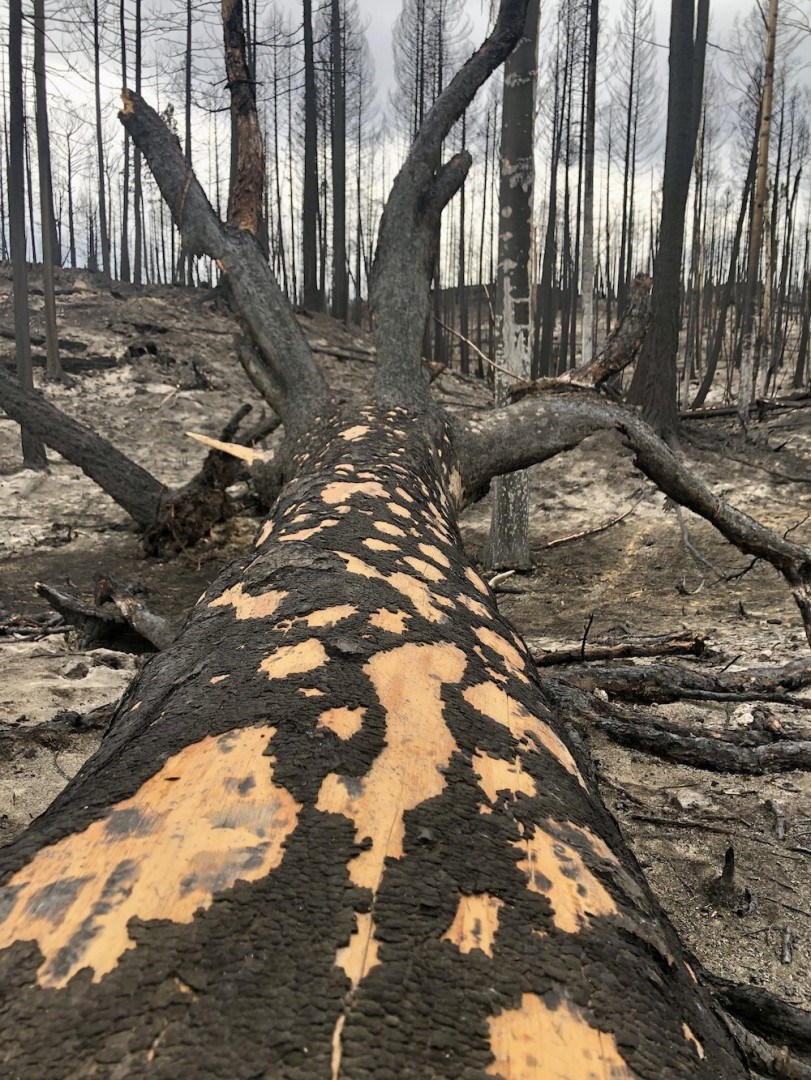It's been 20 years since the Okanagan Mountain Park wildfire scorched the east side of Okanagan Lake.
Now history feels like it is repeating itself after the McDougall Creek wildfire burned 13,940 hectares, forced 54,000 people onto an evacuation alert and damaged or destroyed 189 properties — forever changing the landscape and the psyche of the people who live in the Central Okanagan.
Mary Ann Murphy, associate professor at the University of British Columbia Okanagan, uses a unique word to sum up the experience of living through a wildfire and then seeing what is left behind.
"Solastalgia, it's like nostalgia, it was created by Australian philosopher Glenn Albrecht. It's really a recognition that the world around us has changed dramatically and also that our love for the land catalyzes us to do something about it. I would say it's stress caused by environmental change," Murphy said.
As people begin the process of rebuilding and returning to burned areas, Murphy says it's not surprising that they are having emotional responses.
Murphy studied the impacts of the Okanagan Mountain Fire and says she is already seeing many of the same things happening again.
"One of the things that's really interesting and very visible the last few weeks is just overwhelming support of the entire community, emergency responders, people far afield, trying to come and help us."
Murphy says wildfires are very visible, as is the devastation they bring.
"If you've lost your home, if you've been devastated, everyone can see it, you're literally public, you're on everybody's cameras, you're all over the news. But what's unique about this incredible outpouring of support is this incredible realization that you're not alone."
It may be hard for people who don't deal with wildfires every summer to understand why most people choose to stay and rebuild after their homes have been destroyed, but Murphy says she believes its a sense of community that keeps people in the Okanagan.
"You have an incredible set of neighbours and a community that will help you. It becomes apparent that your life can change in an instant, you really think about how you've been lucky. They said it was a real friendship builder, they even said something like you're one of them now, almost like this special collective or society."
Murphy believes the same thing is happening now.
"When you've got a total stranger trying to give you a place to say they're offering help, food, whatever it is, they say you will end up with stronger neighbourhoods than you ever had before."



